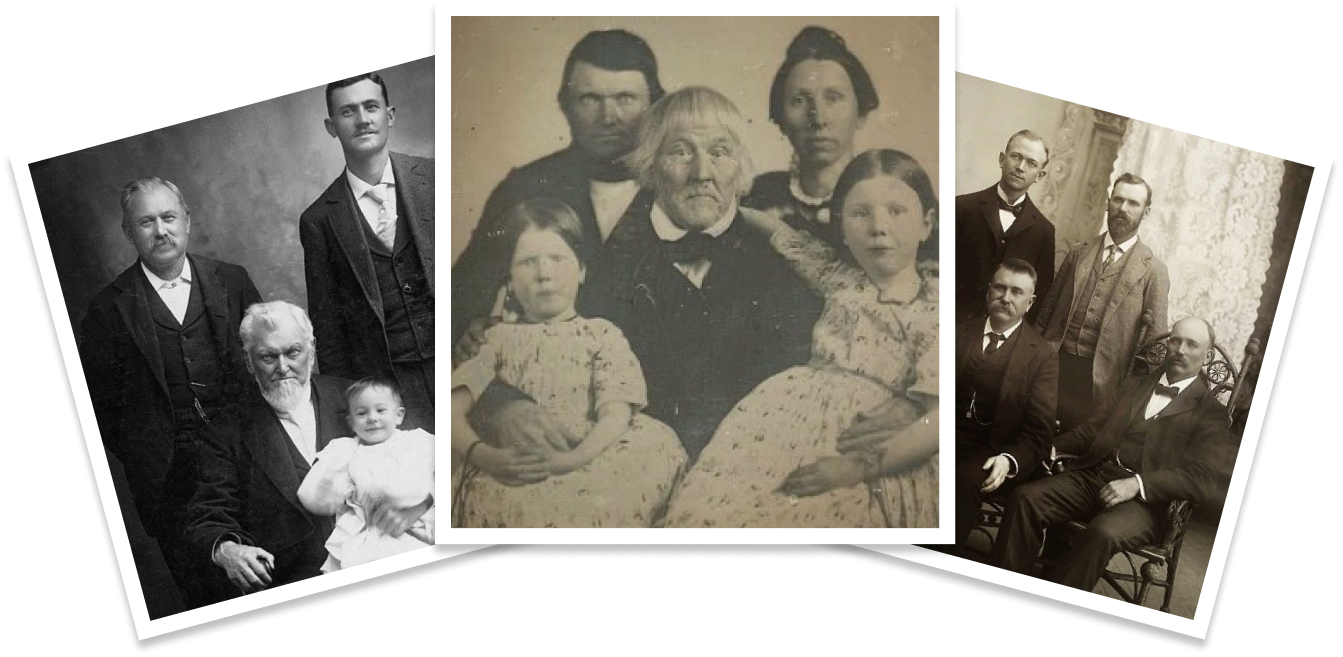“A Mighty Change”
by Craig Lindquist
King Benjamin Addresses His People by Gary L. Kapp
“And this is life eternal, that they might know thee the only true God, and Jesus Christ, whom thou hast sent” (John 17:3). Those majestic words spoken by Jesus Christ have stood as a beacon on a hill for Saints of God ever since they were spoken. Christ was not speaking of a passive, vague kind of faith, but He spoke of having an actual knowledge burned into our souls of a living Father who loves His children infinitely and perfectly—and then living according to that knowledge forever. Christ’s words are the very basis upon which King Benjamin gave his masterful address to a group of ancient Saints when he laid out in unmistakable terms exactly how we get to know God and have a mighty change in our hearts.
King Benjamin taught about being humble (Mosiah 4:11), serving one another (Mosiah 2:17–18), repenting (Mosiah 4:10), and living peaceably with one another (Mosiah 4:13). Then he taught about the critical nature of making covenants and taking the name of Jesus Christ upon ourselves as we become His spiritually begotten sons and daughters (Mosiah 5:7–9). Yet King Benjamin did not stop there, for he understood all too well the folly of humankind. Many of us are filled with the Spirit and have “a mighty change in us, or in our hearts, that we have no more disposition to do evil, but to do good continually” (Mosiah 5:2), only to find that the determination we felt on Sunday begins to fade somewhat throughout the week. To that end he taught us that it isn’t enough to just have a great initial change of heart, but “for the sake of retaining a remission of [our] sins from day to day” (Mosiah 4:26), we should continue to give of our substance, walk in wisdom and order, remember who we belong to, and increase our knowledge of Christ through study and service.
What did King Benjamin mean by “retaining a remission of [our] sins”? We know that once Christ has forgiven a sin, it is done with. He remembers it no more. (See Doctrine and Covenants 58:42.) Elder Boyd K. Packer (1924–2015) taught, “The Atonement leaves no tracks, no traces. What it fixes is fixed.” Could it be that by retaining a remission of our sins we are not retaining the forgiveness of sins that Christ already granted, but we are retaining the effects of that forgiveness? Those effects include peace, genuine love for others, the companionship of the Holy Ghost, angels who delight to be in our presence, and knowledge of God’s will for us. In other words, we come to know God, not just believe in Him. Wilford Woodruff taught this principle so beautifully when he said, “We must obtain the Holy Spirit of God and the mind and will of God concerning us, and be governed and controlled by it in all our movements and acts in order to be safe and secure unto ourselves salvation.”
King Benjamin and Wilford Woodruff taught us not only to receive a remission of our sins but how to retain that remission and be secure in our salvation. So let us seek forgiveness, and then retain the wondrous effects of that forgiveness by living according to the eternal principles outlined by King Benjamin, that we might know the mind and will of God concerning us.
Craig Lindquist is an active member of The Church of Jesus Christ of Latter-day Saints. He is a father, grandfather, and great-grandfather, happily married to his wife, Dianna, for the past 46 years. By trade he is a cabinetmaker, actor, and writer. He lives in Henderson, Nevada, except when he travels to film or to work on the construction of temples.
Endnotes:
- Boyd K. Packer, quoted in Dale G. Renlund’s October 2016 general conference talk, “Repentance: A Joyful Choice,” ChurchofJesusChrist.org. Elder Renlund noted, “President Boyd K. Packer’s testimony in the leadership meeting associated with April 2015 general conference is not published in full. These remarks are from my private notes, taken at the time.”
- Discourse by Wilford Woodruff, January 25, 1857, p. 1, The Wilford Woodruff Papers, wilfordwoodruffpapers.org/discourse/1857-01-25.


